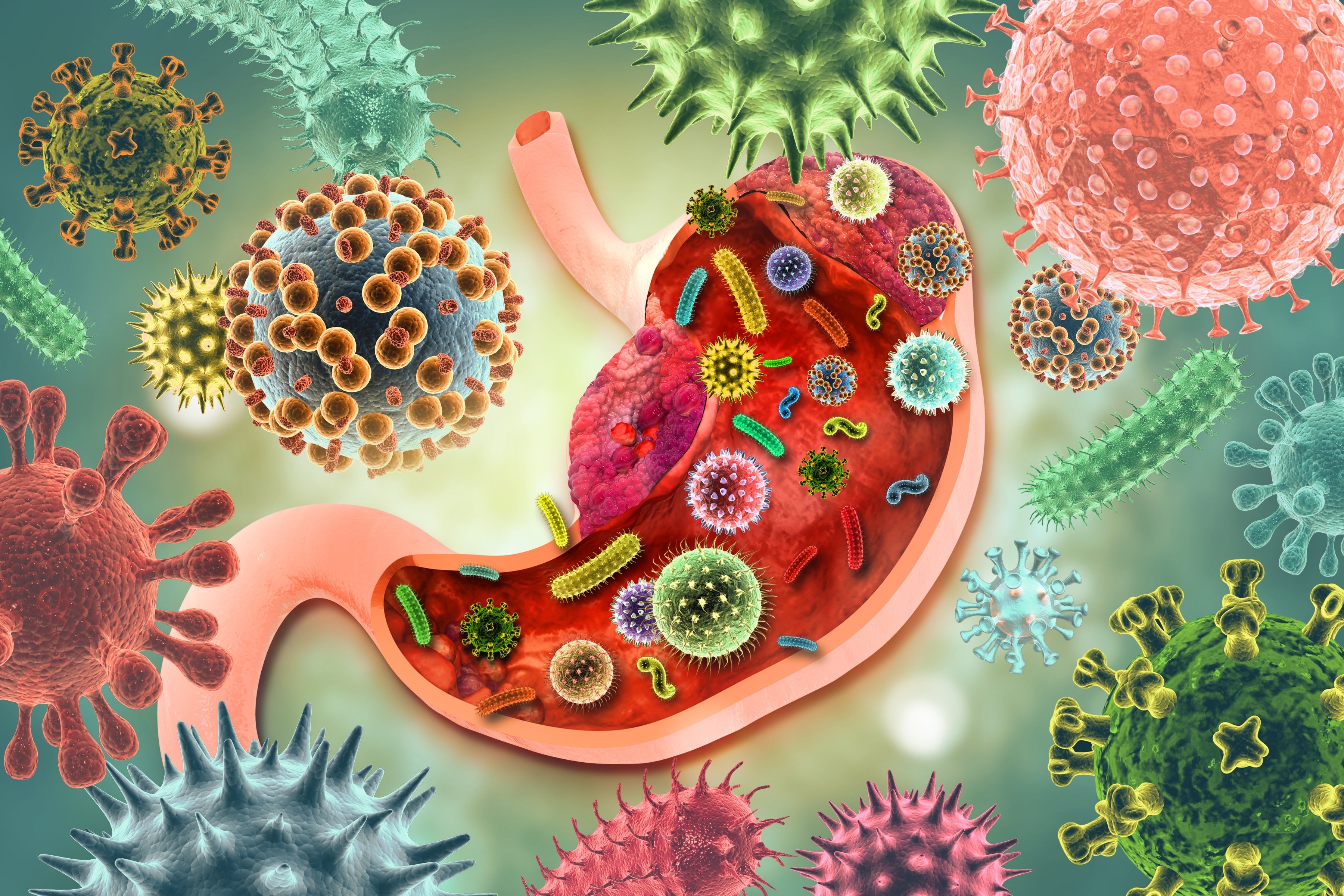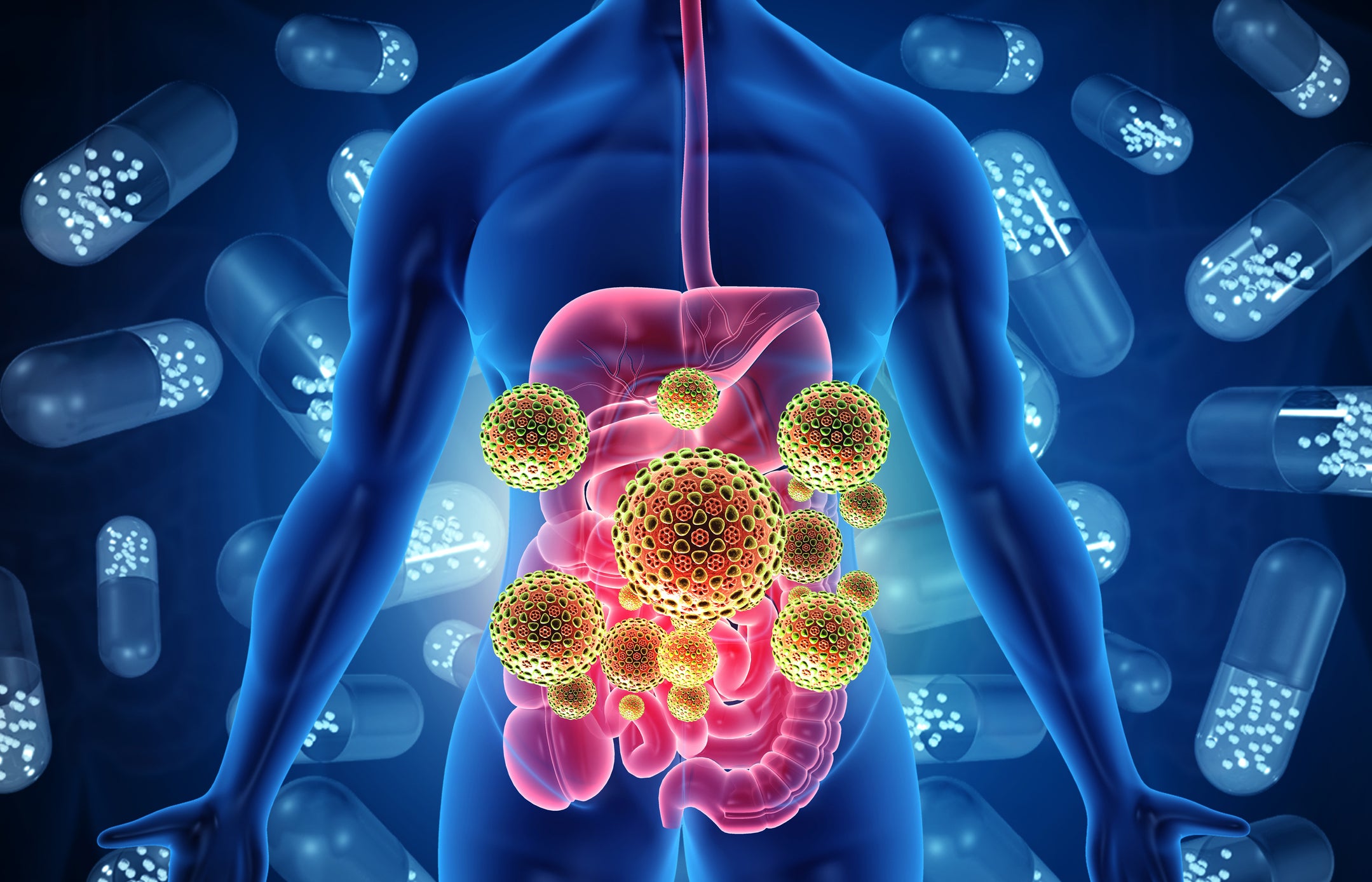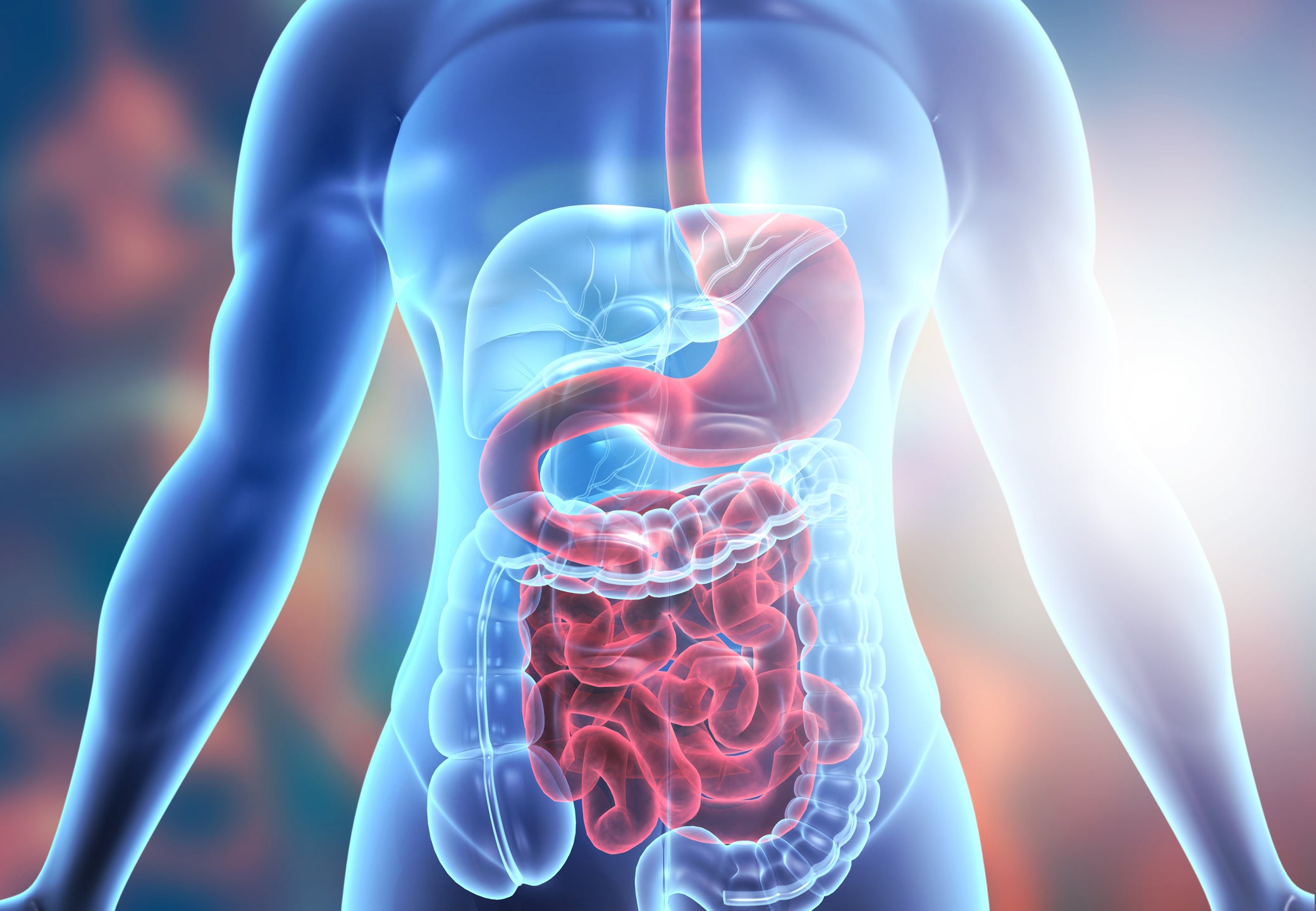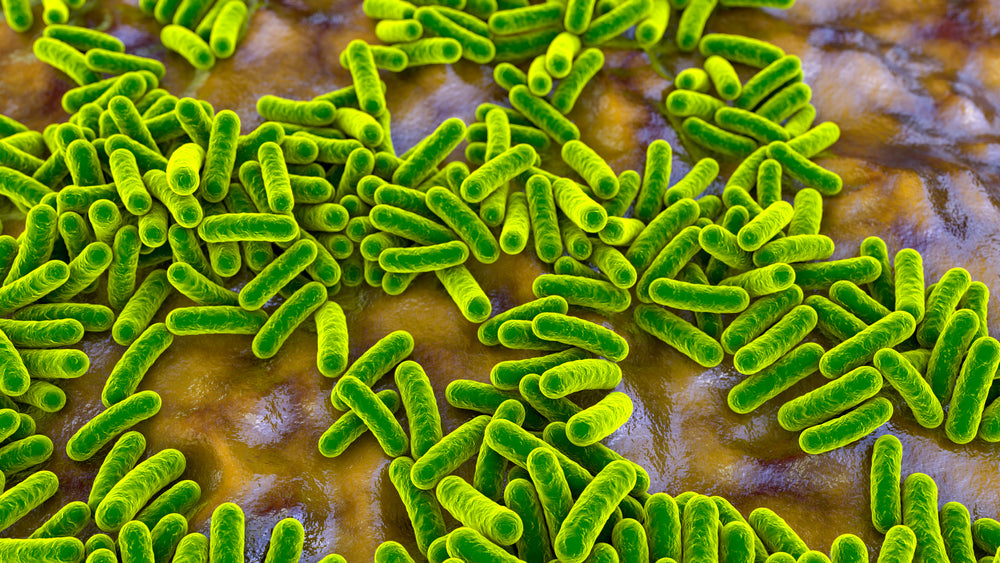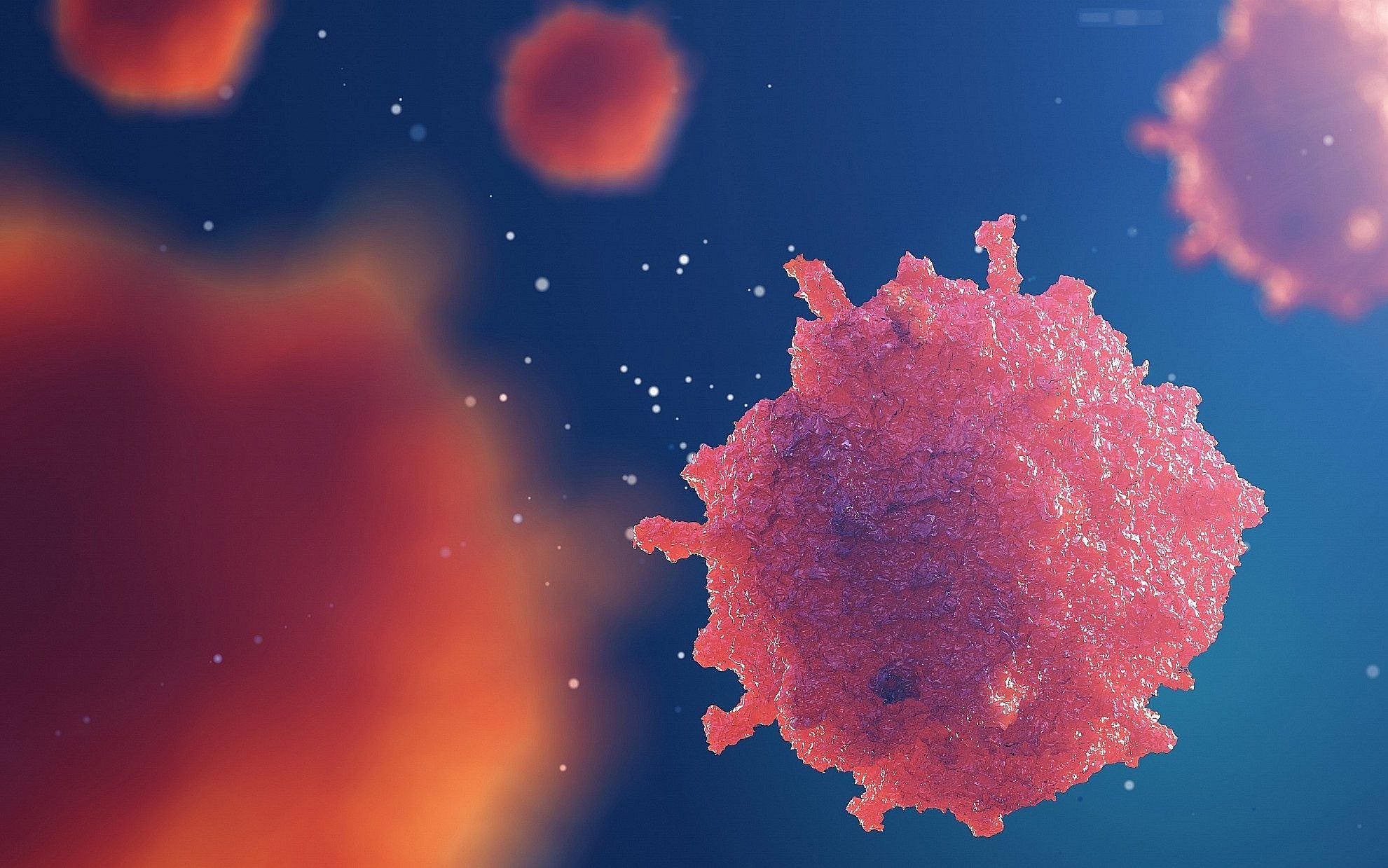Author: Megan Jones (Adv.Dip.NutMed, BHsc.NutMed)
Good nutrition is the foundation of a healthy, vibrant life, yet many of us struggle to navigate the endless choices and conflicting advice surrounding food. Every conscious and unconscious action of our body relies on adequate and proper fuelling - from breathing and digestion to brain function and muscle movement. Without appropriate fuel (by way of nutrients from our food), the quality of these metabolic processes is compromised, meaning your body just doesn’t work its best. To function effectively, our bodies require a balanced intake of macronutrients and micronutrients, each sourced from specific types of foods.
Macronutrients vs. Micronutrients
Macros: What are they?
Macronutrients – Namely proteins, fats, and carbohydrates, these are the body's primary fuel sources, each playing a crucial role in maintaining health and energy levels. Balancing these macronutrients is essential for overall health, as each contributes uniquely to the body’s functions.
Proteins - Made up of amino acids, which are essential for building and repairing tissues, proteins support immune function, as well as the production of enzymes and hormones. These amino acids also play a key role in muscle recovery and growth.
Fats – One of the most common misconceptions is that all fats are detrimental to health. In reality, fats are essential for many biological processes, providing a concentrated energy source to the body, while also supporting cell growth and hormone production, and lastly but by no means least, they help the body absorb the fat-soluble vitamins A, D E and K.
Carbohydrates – These are the body's preferred energy source, particularly for the brain and muscles, and are also vital for muscle recovery.
Where can we find them?
Carbohydrates: Found in foods like whole grains (brown rice, oats, quinoa), legumes (lentils, chickpeas), starchy vegetables (sweet potatoes, corn), and fruits.
Proteins: Derived from animal sources like lean meats, poultry, fish, eggs, and dairy, as well as plant-based sources like beans, lentils, tofu, tempeh, nuts, and seeds.
Fats: Healthy fats are abundant in foods such as avocados, olive oil, nuts (almonds, walnuts), seeds (chia, flax), and fatty fish like salmon or mackerel.
Micros: What are they?
Micronutrients - Often referred to as vitamins and minerals, they are required in small amounts but they deliver big benefits! These essential nutrients are vital for healthy development, growth, disease prevention, and overall well-being. Acting as catalysts for countless metabolic activities, micronutrients support everything from energy production to immune function. While they don’t provide calories like macronutrients, they fuel the body’s ability to thrive - keeping cells, bones, and organs functioning optimally. A deficiency in these nutrients can lead to fatigue, illness, and other health challenges, making a balanced, nutrient-rich diet key to living your best life.
Micronutrients are divided into four main types, each with unique roles in supporting the body’s health:
Water-soluble vitamins - Such as B vitamins and vitamin C - dissolve in water and are not stored by the body, making it essential to consume them regularly through food. They play a key role in energy production but are excreted in urine if consumed in excess.
Fat-soluble vitamins – Vitamins A, D, E, and K dissolve in fat and are stored in the liver and fatty tissues for future use, supporting immunity, bone health, vision, and cell protection.
Macrominerals – These are required in larger amounts, including calcium for strong bones, magnesium for enzyme reactions, potassium for muscle function, and sodium for fluid balance.
Trace minerals - Iron, zinc, iodine, and selenium are needed in tiny amounts but are vital for critical processes like oxygen transport, immune function, and enzyme activity.
Together, these micronutrients ensure the body functions at its best, highlighting the importance of a balanced, nutrient-rich diet.
Where can we find them?
Vitamins and minerals: Micronutrients are primarily sourced from fruits, vegetables, nuts, seeds, whole grains, and fortified foods. For example:
- Vitamin C from citrus fruits, strawberries, and red capsicum.
- Calcium from dairy, fortified plant-based milk, and leafy greens.
- Iron from red meat, lentils, spinach, and tofu.
- Zinc from shellfish, seeds, nuts, and whole grains.
The pitfalls of processed foods
Despite having access to nutrient-rich foods, many of us consume diets high in processed items. These foods are often stripped of essential nutrients and loaded with additives, making them "nutrient-dead." High intake of ultra-processed foods (UPFs) is detrimental to our health, increasing risks of obesity, high cholesterol, metabolic syndrome, and heart disease.
Prioritising whole, unprocessed foods ensures your body receives the nutrients it needs to function optimally.
Building a balanced diet
To promote long-term health, focus on a diet rich in natural, unprocessed whole foods:
- Fruits and vegetables: Aim for at least 400 grams per day to provide essential vitamins, minerals, and fibre.
- Whole grains: Include brown rice, quinoa, and whole wheat bread for complex carbohydrates and fibre.
- Lean proteins: Incorporate poultry, fish, legumes, and nuts to meet your protein needs.
- Healthy fats: Opt for sources like olive oil, avocados, and nuts to support cellular function and hormone production.
- Nutrient-density: Add options like acai berries, bee pollen, and raw cacao to boost your nutrient intake.
- Water: Vital for every cell, water aids in digestion, nutrient absorption, and temperature regulation. Aim to drink adequate fluids throughout the day to stay hydrated.
Practical tips for healthy eating
Read ingredient labels: Choose foods with recognisable, natural ingredients. The fewer additives, the better for your body.
Ask yourself before eating: What am I eating? Why am I eating this? What will this do for my body? These questions help you make mindful food choices.
Limit ultra-processed foods: Aim to keep UPFs to about 15% of your calorie intake. Focus on whole foods high in fibre and nutrients.
In an ideal world, we would get all our essential nutrients from whole, natural foods. Macronutrients, like proteins, fats, and carbohydrates, should come from a variety of unprocessed sources. When it comes to micronutrients - vitamins and minerals - they work synergistically in the body, each playing a unique and interconnected role in maintaining health. By understanding the roles of macronutrients and micronutrients and making mindful food choices, you're well on your way to a healthier, more vibrant life. Remember, small, consistent changes can lead to significant improvements over time.





















